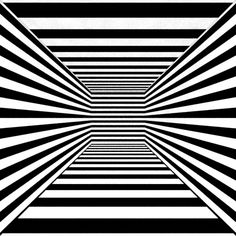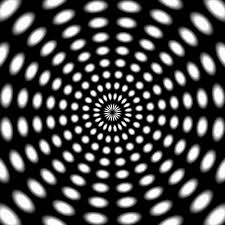|
(2017
final exam assignment) Model Student Midterm answers 2017 (Index) Essay 3: Web Highlights |
 |
Cynthia Cleveland
High-Tech, Low-Tech, Both
During the course of study in this class, we have touched on several
subgenres within the genre of Science Fiction. One of those subgenres that I
struggled with the most was the High-Tech. Many of the High-Tech stories were
too complicated for me to understand and more often than not I found that I had
more questions than answers. The High-Tech subgenre seemed very clinical to me,
in a way, since there was not a great deal of emotional connection, but more
focused on the hard science. However, I did enjoy the Low-Tech subgenre, since
it was so strictly focused on making those human connections.
Taylor Fraze’s essay “Our Past or Our Future: Low-Tech versus High-Tech
Science Fiction”, pointed out something that I had not initially realized
before: authors can, in fact, combine these two subgenres. I felt silly for not
having realized this fact, but I was pleasantly surprised to realize that it
made perfect sense. The Onion and I and Drapes and Folds are
perfect examples of a blend between these two subgenres, and certainly have a
greater appeal factor to me as a result. My initial reading of these texts, I
didn’t feel too overwhelmed by the hard science, since it was balanced with
nostalgia and a need for connection. “Johnny Mnemonic” was a difficult read, and
seemed to be so focused on giving the narrative a futuristic feel, that it left
the reader—at least, this one—behind in a state of confusion. Though, it
certainly has an appeal since it is very action oriented, but the lingo makes it
a bit difficult to sift through. The combined genres seemed to work better, as
far as readability goes.
Another essay I found interesting was Andrew Ridenour’s “The Other
Possible Futures”, in which he covered the possibility of the scenarios of the
future becoming a reality. Of course, I have spent much time contemplating this
very idea of my Science Fiction coming to life, and I find that within this
genre, much of the literature seems plausible. I agree with his assessment that
a Low-Tech future seems he most likely to come to fruition, though I would not
be so quick to disregard a High-Tech future, considering our reliability and
obsession with technology. These days, people are already losing those emotional
connections because of the ease of communicating without any actual face-to-face
contact. “I want to believe” that Alien Contact is possible, but the universe is
so incredibly vast and full of possibility that I cannot fathom how or why any
species would want to come here.”
Zach Thomas’s essay “Low-Tech Future Relations” echoes a strong belief of
mine concerning the dichotomy of Low-Tech versus High-Tech and their appeals. I
agree that the Low-Tech subgenre is much more appealing, because of the
emotional connection that we can make with it. I somehow hadn’t considered that
this was due to it’s realism. For the most part, most of these narratives are
grounded in realism, because that’s what we fear the most. Stories that are
realistic inspire the most fear and are therefore more effective in relaying
their messages to those who read them. Without that sense of realism, Butler’s
ideas of systems of inequality and the damage we’re doing to the environment
wouldn’t be so scary; it’d just be another “story”.
All of the reviews I have read here certainly focused on a lot of
concepts that I had considered. However, it is always refreshing to get a
different perspective, since I had obviously missed some things. In the object
of thinking over themes of a novel or a short story, it is often easy to
overlook certain ideas or concepts that can be so blatantly obvious. The
combination of the Low-Tech versus High-Tech was an idea so obvious that I
missed it. I found the contemplation of the most likely future scenario to occur
in real life to be particularly entertaining. I also thought Thomas’s essay
regarding the realism of Low-Tech and how it strengthens our appeal towards the
subject to be particularly interesting and certainly makes a great deal of
sense; most people want something they can relate to, rather than having to sift
through High-Tech lingo and human beings that seem void of emotion.





